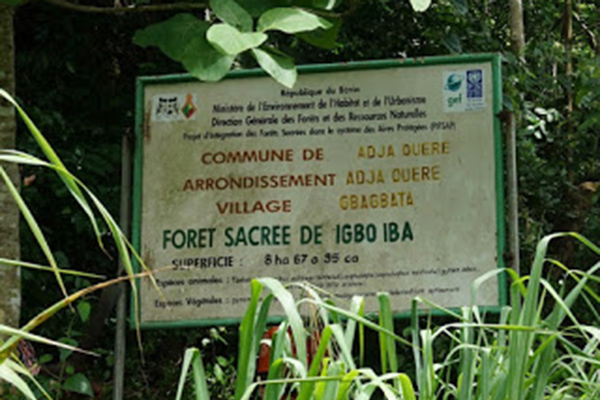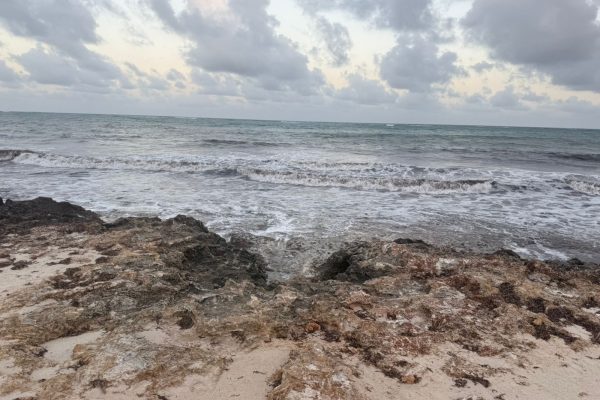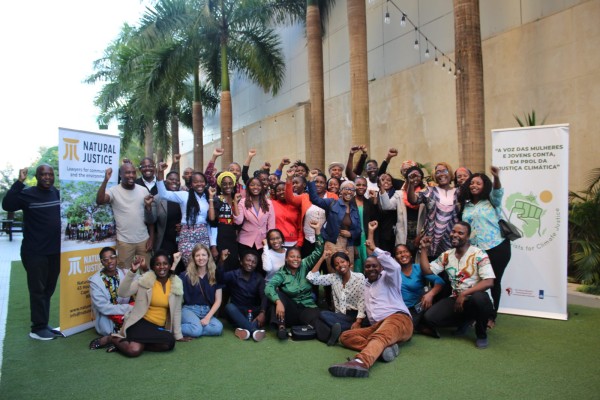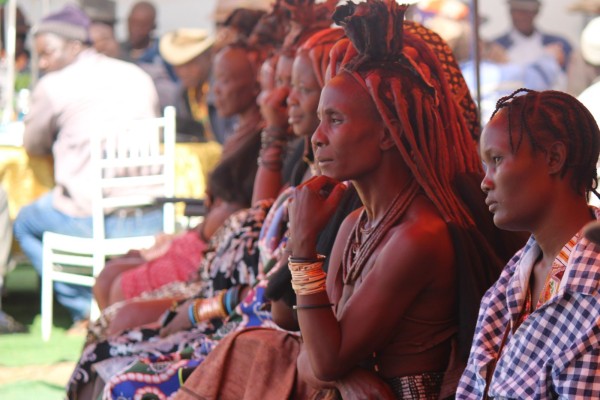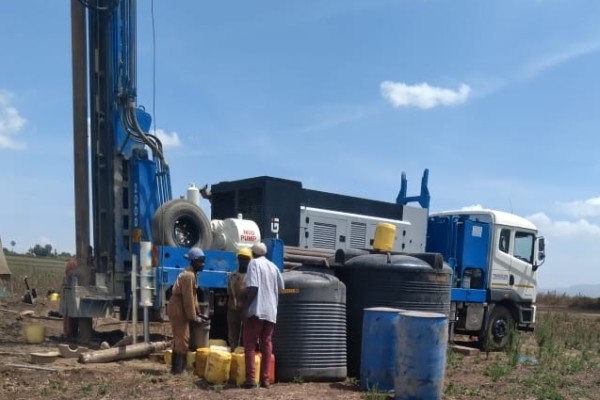At its 60 Ordinary Session in Niamey (Niger), the African Commission on Human and Peoples Rights passed Resolution 372 on the Protection of Sacred Natural Sites and Territories.
In this resolution, the African Commission recognises that sacred natural sites are one of the oldest forms of cultural conservation, and often harbour rich biodiversity. It highlights the role that custodian communities and their customary systems play in preserving traditional values, and that they require legal recognition and support to do so. At the same time, it expresses concern about the continued rapid growth of environmentally damaging industrial activity and infrastructure development causing irreparable damage in these sacred sites.
The Resolution therefore calls on state parties to recognise sacred natural sites and territories and their customary governance systems, as well as to uphold their commitments under regional and international law and the rights of custodian communities. It urges state parties and other stakeholders, including businesses, to recognise and respect the intrinsic value of sacred natural sites and territories.
In developing this resolution, the African Commission drew on a “Call for Legal Recognition of Sacred Natural Sites and Territories, and their Customary Governance Systems”, which carried the voices of custodian communities from six African countries. Natural Justice was able to facilitate the presentation of this report by the Gaia Foundation to the African Commission’s Working Group on Indigenous Populations/Communities. In a joint press release with the African Biodiversity Network, Liz Hoskins, the Director of the Gaia Foundation, states that “in this landmark resolution, the African Commission opens a space for affirming plurilegal systems, which recognise the Earth as the primary source of law. The Commission positions itself with other progressive initiatives to transform the dominant industrial jurisprudence and recognize indigenous rights and Nature’s rights.”

